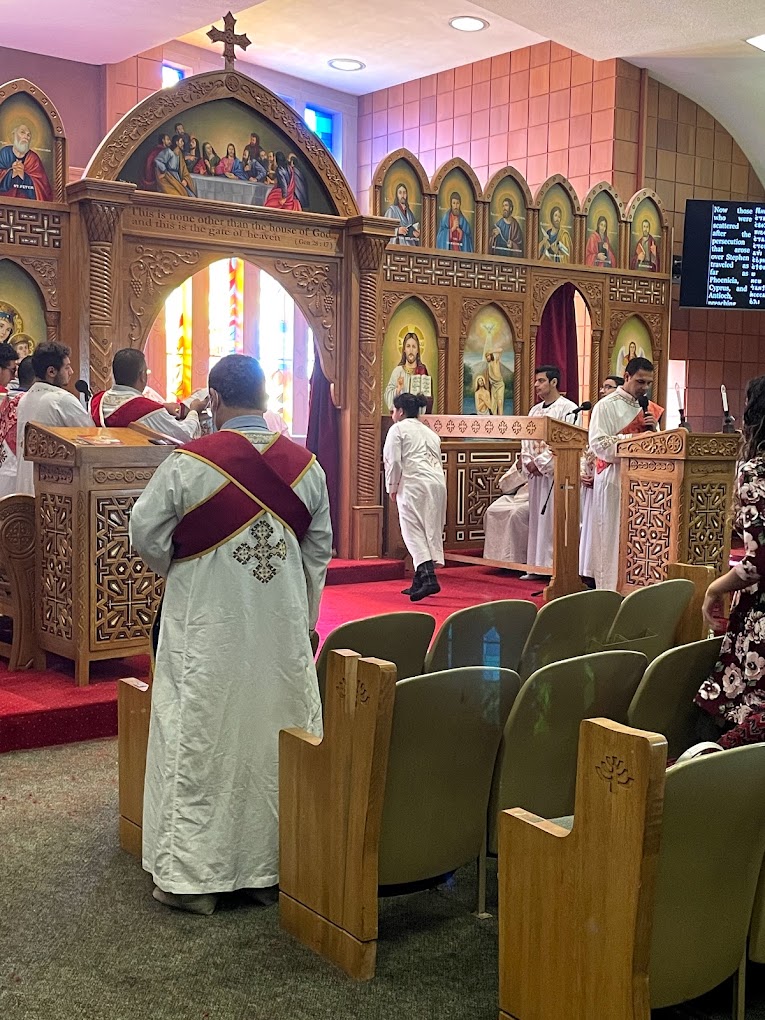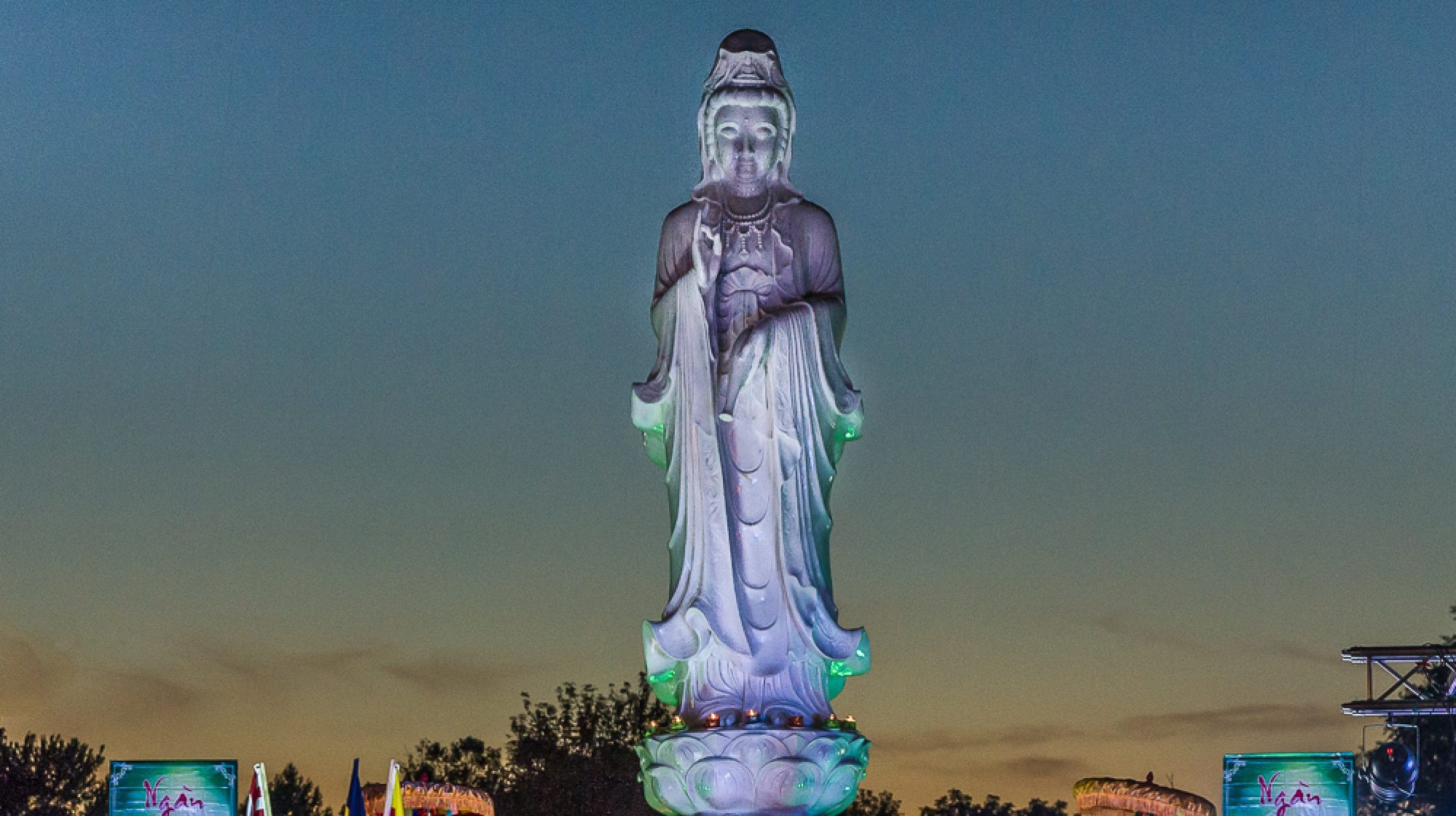Saint Mary Coptic Christian Church

CONTACT
HOURS
ETIQUETTE
Phone:
(515) 584- 6351
Email:
stmarycopticorthodoxdsm
@gmail.com
More information can be found on their Facebook!
Meeting times:
Divine Liturgy
Sundays at 9:30 AM
Remove your shoes
Women wear headscarves while receiving communion and typically sit separately on the right side of the worship space
However, this is optional.
Student Testimonial
By Sophia Weber
There has been a Coptic Orthodox community in Des Moines since the 1970s. Although this community began small, with only a couple of immigrant families that would host a priest from Minnesota twice a month, it has blossomed over the past 40 years into thriving community, with over 50 people joining in just the past year. In early 2017, the community moved from their former church in Urbandale to the building that used to house Des Moines’ orthodox Jewish community, Beth El Jacob. Although there are many remaining signs that the building was first a synagogue, St. Mary’s is beginning to make it their own.
Upon entering the worship space, you are greeted by the smell of incense and the uniquely beautiful chanting of the Coptic language. Congregant members turn east during the liturgy, facing the stain-glass depiction of the burning bush, one of many “leftovers” from the Jewish synagogue. The altar also holds a large portrait of Jesus Christ, as well as a depiction of Mary and a large golden cross. The altar is the focal part of the service, which all members face throughout the service.
What makes this community unique is its individuals. To be Coptic, most basically, is to be an Egyptian Christian. The majority of the community are immigrants from Egypt, each with a riveting, sometimes horrifying, story to tell. St. Mary’s is the only Coptic Orthodox church in the state of Iowa, so many of its members drive several hours every Sunday to come to attend the Divine Liturgy service.
The Coptic Orthodox Church is one of six “non-Chalcedonian” Christian churches, each of which believes that Jesus Christ’s divine and human natures were united rather than remaining distinct. But what marks the worship of the Coptic Church is its use of the Coptic language, an ancient language that is no longer commonly spoken. Coptic is chanted throughout the service in a way that conveys power, even if you don’t’ understand the words. Arabic and English are also spoken throughout the service. A projector is used to convey all three languages.

